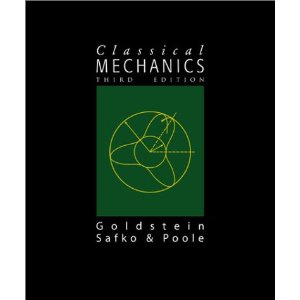I apologize if this is off topic since it does not relate directly to the study of physics, but I could not think of a better place to ask.
I am a high school student graduating in a few days and have recently developed an interest in quantum mechanics. I began to study physics about one and a half years ago and calculus two years ago, and I feel confident about my abilities in integral and vector calculus (at a typical college Calc I–III level), differential equations, mathematical problem solving, and some set theory. I have been introduced to quantum behavior, particle physics, and nuclear physics, but none of these were delivered with a heavy focus on mathematics. Quantum physics, however, caught my attention as a future field of study due to its bizarre nature and inquisitive mathematical models.
Without prior knowledge of more difficult topics, I am concerned that attempting to study quantum mechanics will only provide entertainment rather than benefit my college career. I have selected a few books (Griffiths, Sakurai, Feynman, etc.) of which I will choose one to read over the summer of this year and onto college if I determine to do this.
Should I follow these plans without first strengthening my knowledge in other fields of physics and mathematics, as I dive directly into the topic? Or should I wait until I am more experienced in other fields before discouraging myself with the difficulty of quantum mechanics? If so, what areas of physics or mathematics would you recommend as prerequisites to the topic?


